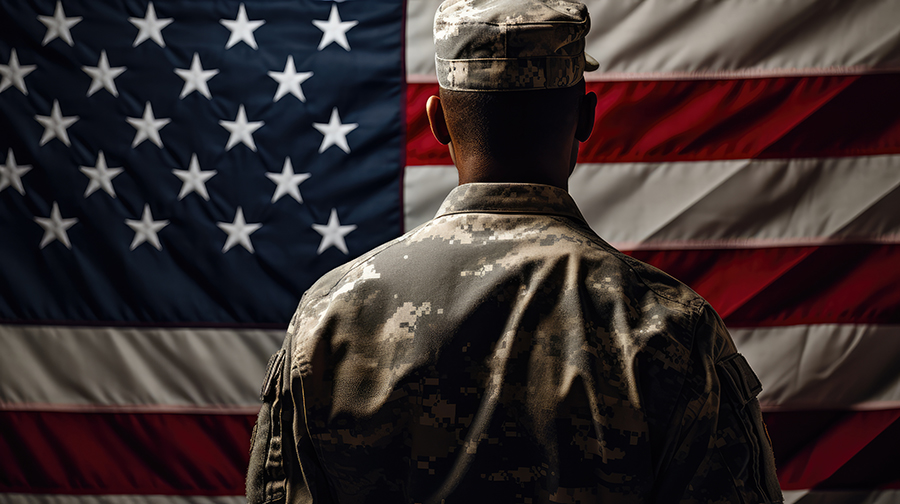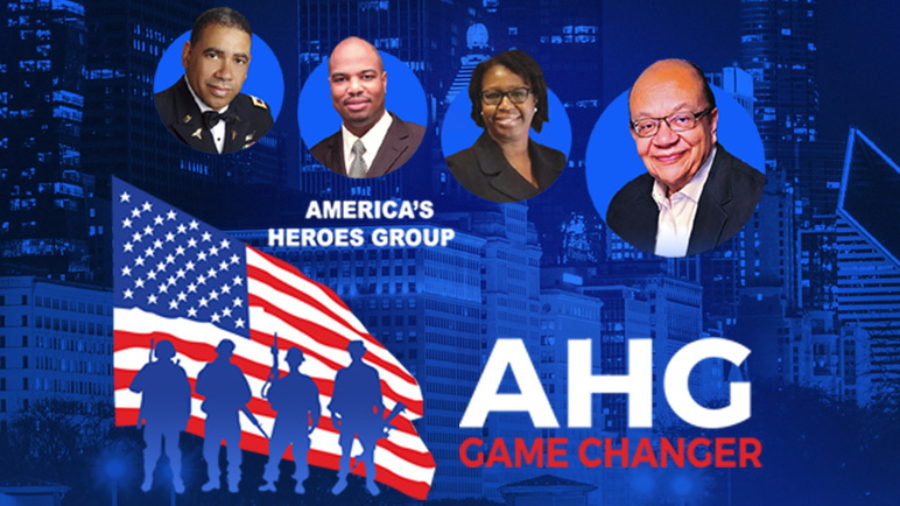By: Stephanie Kalota
Founder, Veteran Legislative Voice & AHG Correspondent
A Review of the September 25th Episode
This piece is inspired by the CNN report that found statements made by an account allegedly owned by North Carolina’s gubernatorial candidate Mark Robinson. It is reported that the owner of this account referred to himself as a black nazi, and also stated “Slavery is not bad. Some people need to be slaves. I wish they would bring it (slavery) back. I would certainly buy a few.” This hasn’t been the first time he has been tied to controversial statements, especially from his social media account.
Since the release of that CNN report, several staffers of Mark Robinson have since quit, including senior adviser Conrad Pogorzelski III, campaign manager Chris Rodriguez, the campaign’s finance director, and the deputy campaign manager. Additionally, a number of governors have pulled support, a few are Tennessee Gov. Bill Lee, Georgia Gov. Brian Kemp, and Virginia Gov. Glenn Youngkin. At the moment Mark Robinson’s opponent, Josh Stein, leads by a minimum of 10 points in the polls with still a month remaining for the general election.
Let’s move past the fact that he doesn’t care that some of his constituents could be slaves in his world, or that he doesn’t see the possibility that he could be a slave himself. It’s important to keep in mind that this country needs politicians who understand what their constituents may be going through or what they could experience when specific laws are policies are enacted. If a politician cannot see how old slavery or Jim Crow laws affect themselves, who can we trust to lead city, county, state or this county?











